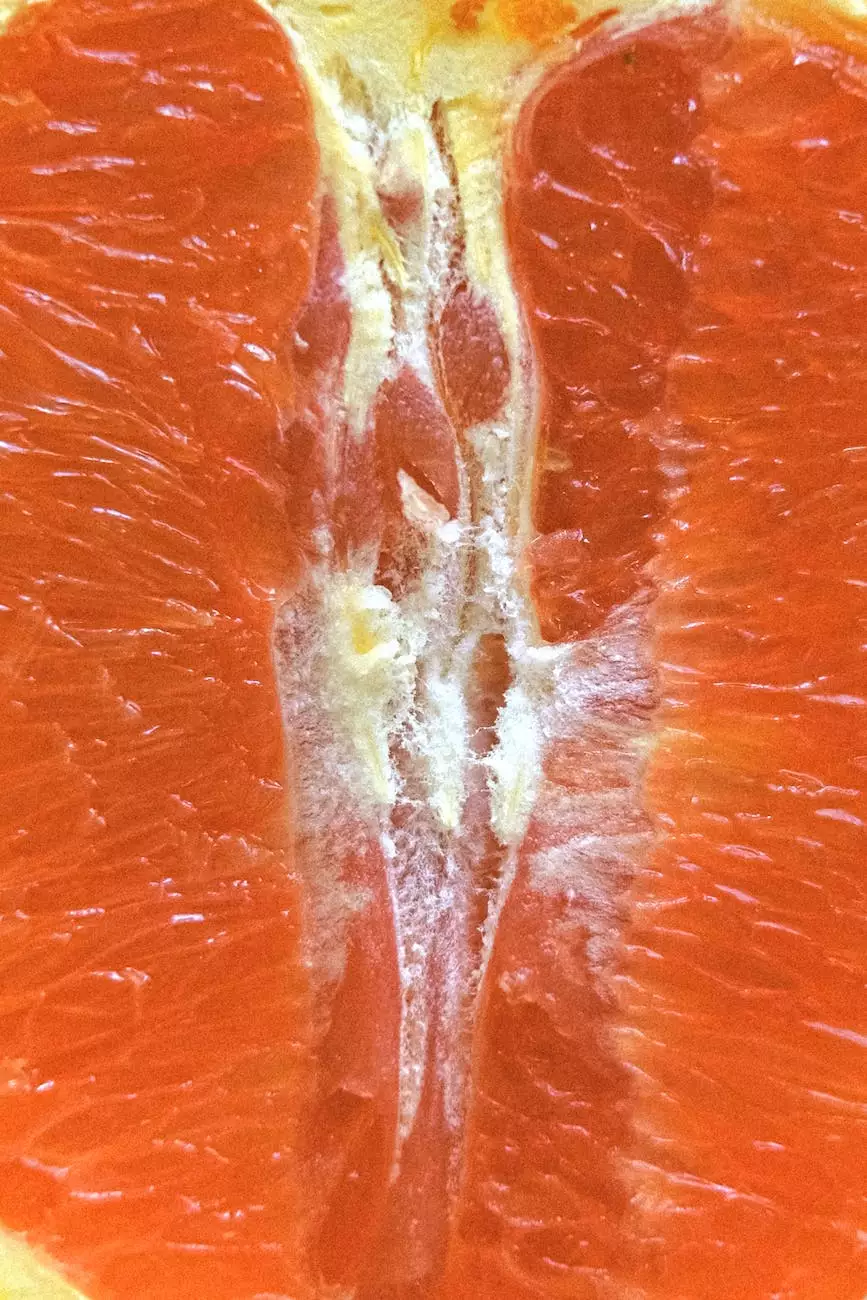Lipoproteins: Understanding Their Role in Overall Health
Metabolism
Introduction
Welcome to 1Body4Life, your trusted source for valuable health information. In this article, we delve into the fascinating world of lipoproteins and their crucial role in maintaining optimal health. Our aim is to provide comprehensive information, along with practical diet tips and lifestyle recommendations to promote healthy lipoprotein levels.
What are Lipoproteins?
Lipoproteins are complex molecular structures composed of proteins and lipids (fats). They serve as transport vehicles, enabling the efficient transport of lipids, including cholesterol, throughout the body. Lipoproteins are classified based on their density, which is influenced by the ratio of lipids to proteins they contain.
The Different Types of Lipoproteins
1. Chylomicrons
Chylomicrons are the largest and least dense lipoproteins. They are responsible for transporting dietary triglycerides from the intestine to various tissues, where they are either used as a source of energy or stored for future use. Elevated levels of chylomicrons can indicate issues with fat absorption or metabolism.
2. Very Low-Density Lipoproteins (VLDL)
VLDL particles are produced in the liver and are primarily responsible for transporting endogenous triglycerides to peripheral tissues. High VLDL levels are often associated with an increased risk of cardiovascular diseases, as they contribute to the accumulation of cholesterol in the arteries.
3. Low-Density Lipoproteins (LDL)
LDL, commonly known as "bad" cholesterol, delivers cholesterol to cells throughout the body. However, when LDL levels are excessively high, it can lead to the buildup of cholesterol in the arterial walls, contributing to the development of atherosclerosis. Monitoring LDL levels is crucial for maintaining cardiovascular health.
4. High-Density Lipoproteins (HDL)
HDL, often referred to as "good" cholesterol, plays a vital role in removing excess cholesterol from cells and transporting it back to the liver for recycling or excretion. Higher levels of HDL have been linked to a decreased risk of cardiovascular diseases. Including lifestyle factors and the right diet can help maintain optimal HDL levels.
Tips for Optimal Lipoprotein Levels
1. Follow a Heart-Healthy Diet
Choosing a diet rich in nutrient-dense foods such as fruits, vegetables, whole grains, and lean proteins can positively impact lipoprotein levels. Incorporate healthy fats, like omega-3 fatty acids found in fatty fish and nuts, which are known to raise HDL levels and improve the overall lipid profile. Limit the consumption of saturated and trans fats, commonly found in fried and processed foods, as they can increase LDL levels.
2. Engage in Regular Physical Activity
Regular exercise offers numerous benefits, including optimal lipid metabolism. Aim for at least 150 minutes of moderate-intensity aerobic activity or 75 minutes of vigorous activity per week. Additionally, resistance exercises that support muscle development can help enhance HDL levels.
3. Avoid Tobacco and Limit Alcohol Consumption
Smoking damages blood vessels, lowers HDL levels, and increases LDL levels, making it crucial to quit smoking. Excessive alcohol consumption can also lead to adverse effects on lipoprotein profiles and overall cardiovascular health. If you drink alcohol, do so in moderation, or consider avoiding it altogether.
4. Maintain a Healthy Weight
Obesity and excess weight are linked to unfavorable changes in lipoprotein levels. Implementing sustainable lifestyle modifications, such as portion control, regular physical activity, and stress management, can aid in achieving and maintaining a healthy weight, resulting in improved lipoprotein profiles.
Conclusion
Understanding lipoproteins is essential for maintaining optimal health, particularly cardiovascular health. By implementing the tips mentioned above and maintaining a heart-healthy lifestyle, you can positively impact your lipoprotein levels and reduce the risk of cardiovascular diseases. Remember, small changes can yield significant results. Take charge of your health and embark on the journey towards better well-being with 1Body4Life!










